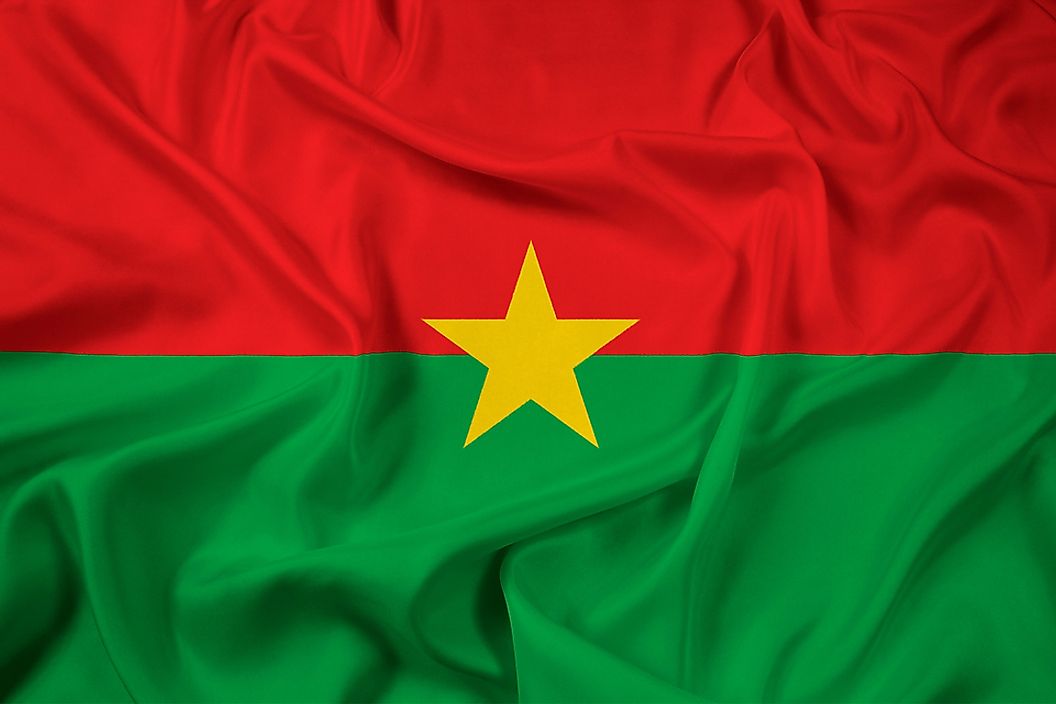What Type of Government Does Burkina Faso Have?

Burkina Faso is a small country located in West Africa which gained independence in 1960. The country has been plagued by military coups and dictatorial leadership over the course of its history. The system of government in Burkina Faso is a semi-presidential republic, with the head of state being the president, while the head of government is the prime minister.
The Constitution
The Constitution of Burkina Faso is the supreme law in the country, and Burkina Faso has adopted several constitutions since independence in 1960. The first constitution was adopted on November 27th, 1960, which provided for the establishment of three branches of government. However, this constitution was suspended in 1966 by President Lamizana, who also dissolved the legislature, assuming absolute executive and legislative authority. The country’s second constitution was adopted in 1970, which dictated the restitution of all democratic institutions, but was later suspended in 1974 after the establishment of a military government. The third constitution was established in 1977, but was soon abolished after a 1980 military coup. The current constitution was adopted in 1991 and was later amended in 2000.
Executive Branch of Government
The Constitution of Burkina Faso provides for the establishment of the executive branch whose primary function is the implementation of government policies, as well as being the custodian of the nation’s interests in international matters. The executive branch is composed of the president, the prime minister, and the cabinet. Election of the president is by a popular vote during democratic general elections which takes place after every five years. Initially, the constitution provided for a presidential seven-year term, but the law was amended in 2000 and the term was reduced to five years. The president, with the consent of the legislature, is mandated to appoint the prime minister. The executive branch of Burkina Faso has been plagued by military coups throughout the country’s history, with the country having seven heads of government since gaining independence, many of whom have had regimes which gravely undermined the constitution.
Legislative Branch of Government
In practice, Burkina Faso has a unicameral parliamentary system made up of the national assembly with 127 seats whose members are elected in a multi-seat constituency by proportional representation, and they serve five year terms. Under the amended constitution, Burkina Faso, in theory, is supposed to have a bicameral parliament made up of the senate and the national assembly. However, the senate does not exist, and there is only one chamber of national assembly. The country's last election was held on November 29th, 2015, and the next election will be held in 2020.
The Senate
The senate is the upper house of the legislature and was established in 2012 through amendments to the constitution. The original upper house (Chamber of Representatives) was abolished in 2002, making the country’s legislature a unicameral chamber. However, the current senate only exists in theory, with the government not implementing the provisions for its establishment. According to the 2012 amendment, members of the senate are supposed to be drawn from the local government, religious authorities, and representatives of workers, employers, and Burkina Faso citizens residing abroad.
The National Assembly
The national assembly is the lower chamber of the legislature, and it is the only legislative chamber that exists in practice. The national assembly is comprised of 127 members, 111 of which are elected in provincial elections, while 16 members are elected in national elections. The members are elected through a proportional representation system. The primary role of the national assembly is the formulation of legislation, but it is also involved in the appointment of the prime minister. The president of the national assembly is the leader of the national assembly, and their primary role is to preside over parliamentary proceedings and is elected by an absolute majority vote of the members of parliament.
Judicial Branch of Government
The primary function of the judiciary is the administration of justice, and the highest judicial office in Burkina Faso is the supreme court of appeals (Cour de Cassation), followed by the Council of State, and the Constitutional Council. Other subordinate courts include appeal courts, high court, first instance tribunals, the district courts, specialized courts, and customary courts.







